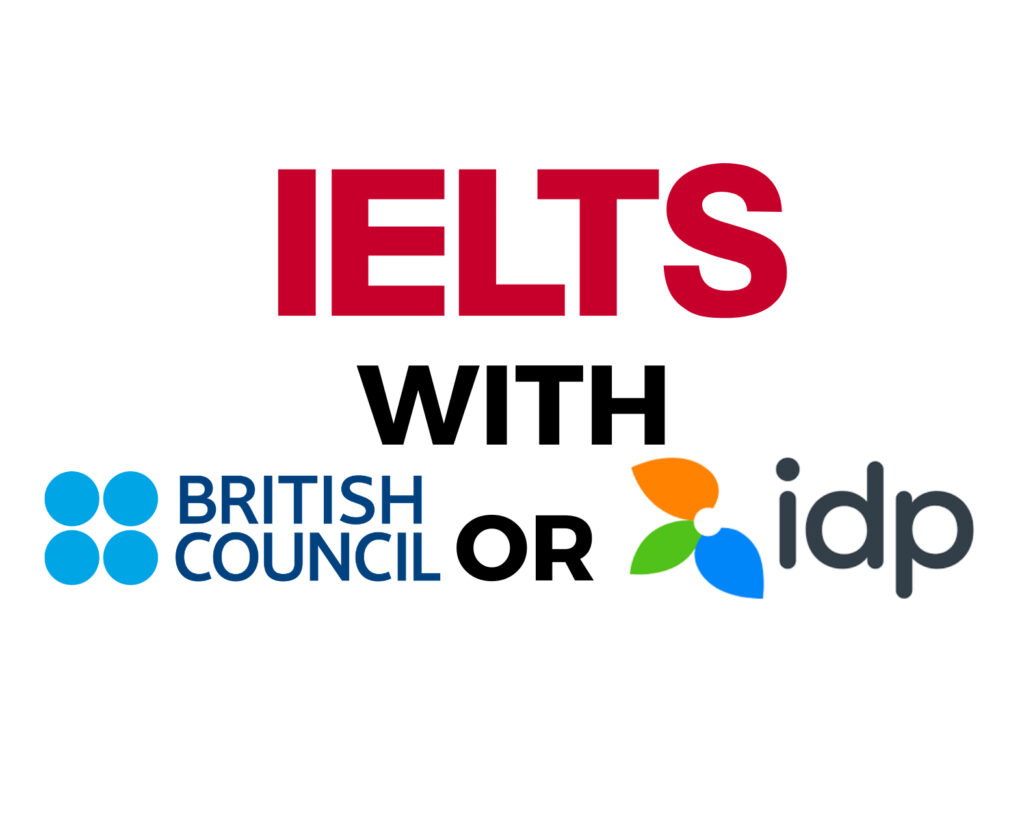IELTS Tests
Unlocking Success: Your Guide to the IELTS Academic Exam
Preparing for the IELTS Academic exam can be a daunting task for many students aspiring to study abroad. With its rigorous testing format and the need for high proficiency in English, understanding the exam structure and preparing effectively is crucial. In this guide, I will share valuable insights about the IELTS Academic exam and reveal how you can access the exact exam questions to enhance your preparation.
Understanding the IELTS Academic Exam
The IELTS (International English Language Testing System) Academic exam is designed to assess your English language skills in an academic context. It is widely recognized by universities and colleges around the world as a measure of your proficiency in listening, reading, writing, and speaking. The exam consists of four sections: Listening, Reading, Writing, and Speaking, each contributing to your overall band score.
Listening Section
The Listening section lasts about 30 minutes and consists of four recorded dialogues and monologues. The recordings range from everyday conversations to academic discussions. Candidates must answer questions based on what they hear, making it essential to develop strong listening skills. Familiarizing yourself with various accents and improving your ability to capture key information will be beneficial.
Reading Section
The Reading section of the IELTS Academic exam includes three long texts, which can be descriptive, analytical, or discursive. These texts are taken from books, journals, and newspapers. The aim is to assess your ability to understand and interpret the information presented. Practice is key here; working through past questions and time management strategies can significantly enhance your performance.
Writing Section
In the Writing section, candidates are required to complete two tasks. Task 1 involves describing visual information, such as graphs or charts, while Task 2 requires you to write an essay in response to a point of view, argument, or problem. This section tests not only your writing ability but also your critical thinking skills. It’s essential to practice writing under timed conditions to improve your fluency and coherence.
Speaking Section
The Speaking section is a face-to-face interview with an examiner, lasting about 11-14 minutes. It is divided into three parts: an introduction, a long turn where you speak about a topic, and a discussion based on the topic. This section evaluates your speaking skills, including pronunciation, vocabulary, and grammatical accuracy. Regular practice through mock interviews or speaking with peers can help build your confidence.
Accessing Exact Exam Questions
One of the most effective ways to prepare for the IELTS Academic exam is by practicing with actual exam questions. Many candidates find that familiarizing themselves with the types of questions they will encounter can significantly enhance their performance.
Where to Find Practice Questions
Several resources are available for accessing past IELTS questions. Official IELTS practice materials, available through the British Council, IDP, and Cambridge, provide authentic test questions and sample answers. Additionally, numerous online platforms and study guides offer collections of practice questions tailored to the IELTS format.
Benefits of Using Real Exam Questions
Using real exam questions in your preparation has several advantages:
Familiarity with Format: By working with actual IELTS questions, you will become accustomed to the format and style of the exam, reducing anxiety on test day.
Identifying Weaknesses: Practicing with real questions allows you to identify areas where you may need improvement, enabling you to focus your study efforts more effectively.
Time Management: Regular practice with timed sections will help you develop effective time management strategies, ensuring you can complete each part of the exam within the allotted time.
Enhanced Performance: As you become more familiar with the types of questions and the level of difficulty, you will boost your confidence and improve your chances of achieving a higher band score.
Tips for Effective Study
In addition to practicing with real exam questions, here are some tips to enhance your IELTS preparation:
Create a Study Schedule: Allocate specific times for each section of the exam to ensure balanced preparation.
Engage with English Daily: Immerse yourself in the language by reading academic articles, listening to podcasts, and speaking with native speakers.
Join Study Groups: Collaborating with peers can provide motivation and different perspectives on challenging topics.
Seek Feedback: If possible, work with a tutor or mentor who can provide constructive feedback on your writing and speaking skills.
The IELTS Academic exam is a vital step for many students aiming to pursue higher education in English-speaking countries. By understanding the exam structure and utilizing resources to access exact exam questions, you can significantly enhance your preparation. Remember, consistent practice, effective study techniques, and familiarization with the exam format are keys to success. With dedication and the right preparation, you can achieve the band score you need to unlock your academic future.
